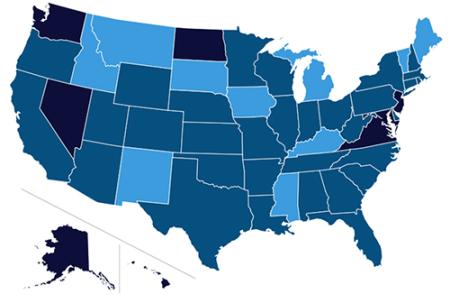To support the development of policies and practices/tools used to increase and improve employment opportunities for persons with a disability, ODEP conducts and oversees a wide variety of research and evaluation activities. This section includes select research and analytical reports, insights into disability employment statistics and information on our grants and cooperative agreements.
An official website of the United States government.
Here’s how you know
The .gov means it’s official.
Federal government websites often end in .gov or .mil. Before sharing sensitive information, make sure you’re on a federal government site.
The site is secure.
The https:// ensures that you are connecting to the official website and that any information you provide is encrypted and transmitted securely.
submenu
STATE POLICY
RESEARCH AND EVALUATION
INITIATIVES
NEWS AND PUBLICATIONS
NDEAM
ADA
ABOUT
Back
Back
-
-
Initiatives
- Alliances
- Advancing State Policy Integration for Recovery and Employment (ASPIRE)
- Campaign for Disability Employment (CDE)
- Disability Employment Initiative
- Employment First
- National Disability Employment Awareness Month (NDEAM)
- National Expansion of Employment Opportunities Network (NEON)
- Stay at Work/Return to Work (SAW/RTW)
-
Initiatives
Back
Back
-
- ADA



